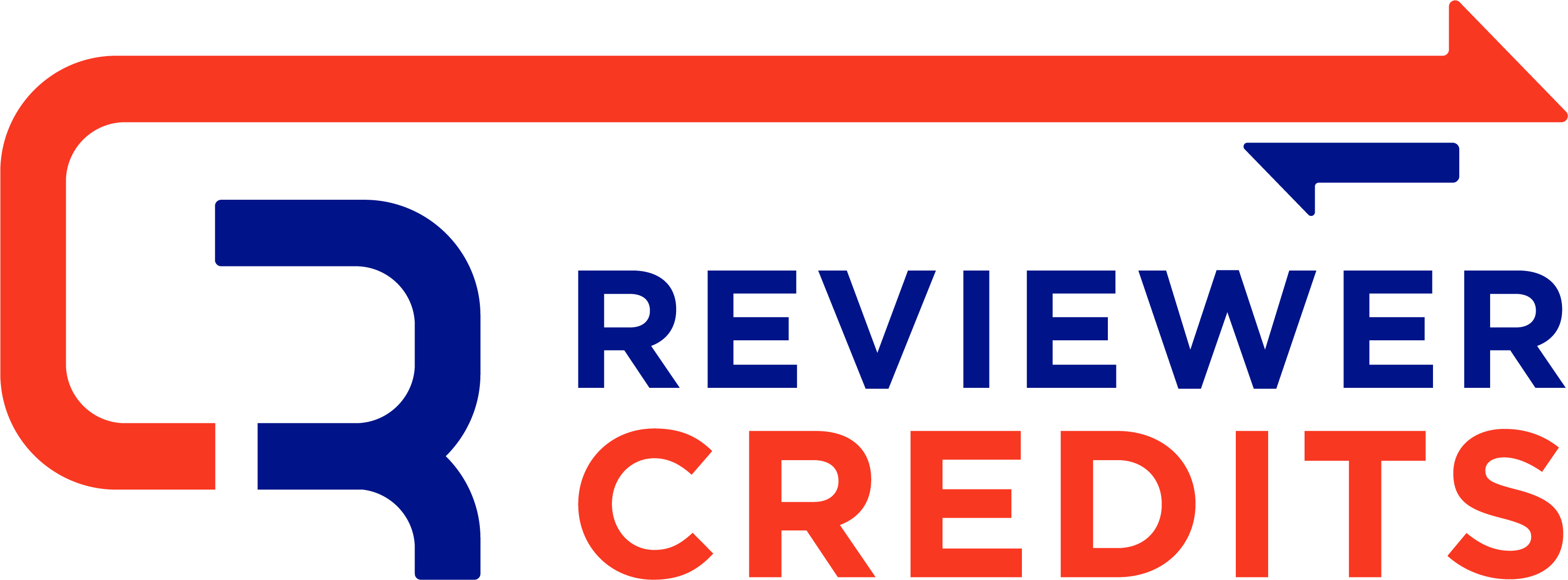Enliven Archive journals’ reputation depends on the strict peer review policies. Reviewers will be the main stream of members who evaluates the submissions. Being peer review a main strand to show case the journal’s quality, Enliven journals’ confine to the authorized peer review rules.
Enliven Archive supports the statements of “Council of Science Editors” to follow peer review policies:
https://www.councilscienceeditors.org/resource-library/editorial-policies/white-paper-on-publication-ethics/2-3-reviewer-roles-and-responsibilities/
To deliver fair judgments, Enliven journals relive two external reviewers for submission. In critical submissions, the number of reviewers will amplify. Enliven journals communicate review comments with both the handling editors and authors of the submission. Authors need to address all the comments and submit the rebuttal for clarification.
Enliven journals’ find the availability of reviewers upon sending the abstract. Once the decision is out, journal sends full-length article for peer review process.
Reviewers’ Responsibilities:
Reviewers should follow all the below rules to maintain the transparent article flow in Enliven journals. Reviewers should be responsible towards authors, editors, and editorial office to deliver the timely review comments.
The responsibilities are as follows
• Delivering fair, impartial, and timely review comments according to peer review rules
• Mentoring the submission according to the subject field and providing impactful comments that will increase the scope of the submission
• Providing clear decision on receipt of abstract from journal to save the review process time
• Never provide any personal comments or critiques in any part of review form
• Providing critiques in highly professional way, all the comments should be concise and clear stating the exact meaning of the statement
• Maintaining confidentiality of the submission by not sharing to any third parties
• Communicating with editorial staff to convey the timely review comments
• Delivering the delay details in case of not emergencies to save the review process time
• Declaring the review form details clearly to avoid any conflicts with authors and editors
• Notifying the editorial staff regarding the additional time or requirements from authors, if needed
• Managing the revised versions, if sent for second review
• Applying the statistics in cases where the statistical data is required
• Providing unbiased and ethical meaningful comments to with held the transparency of journal
• Ensuring the editorial staff that the submission contains all required measures
Reviewer Benefits and Credits:
Enliven journals’ are collaborated with Reviewer Credits to credit and honor the reviewers. As reviewers play a vital role in maintaining the article quality indeed journal quality, Enliven journals felicitate the reviewers by providing reviewer credits.
Enliven journals have unique profile with www.reviewercredits.com. This will allow peer reviewers to receive double credits on Reviewer Credits website for each peer-review performed.
Please go through the Reviewer Credits (www.reviewercredits.com) to know the process of claiming the credits.

Video regarding the reviewer credits: https://www.youtube.com/watch?v=7xMRYsLPAdE




